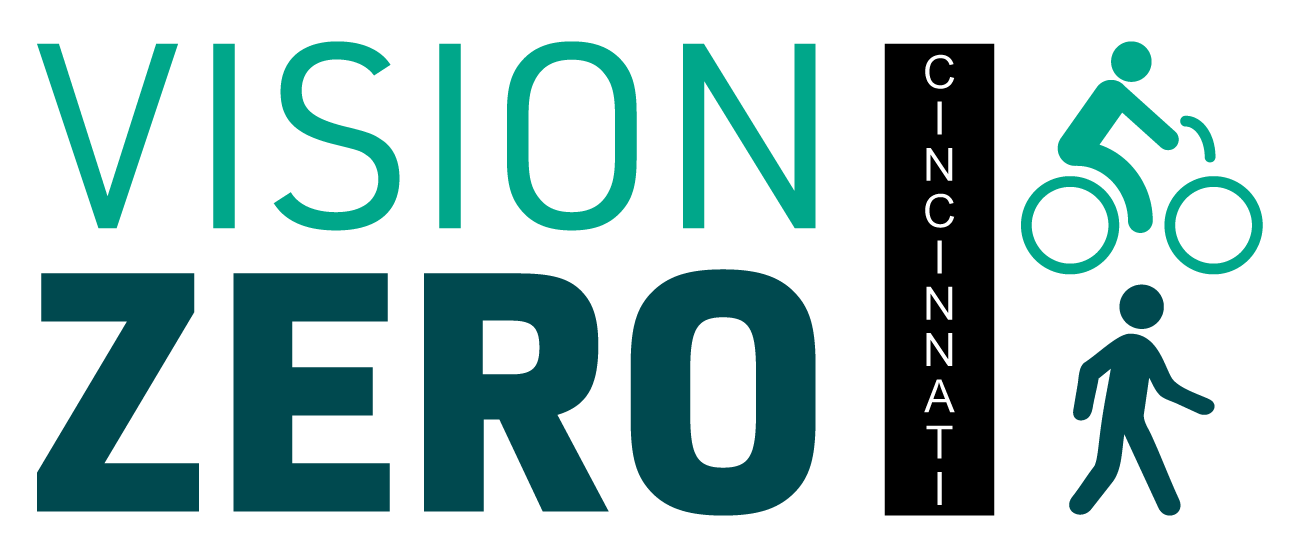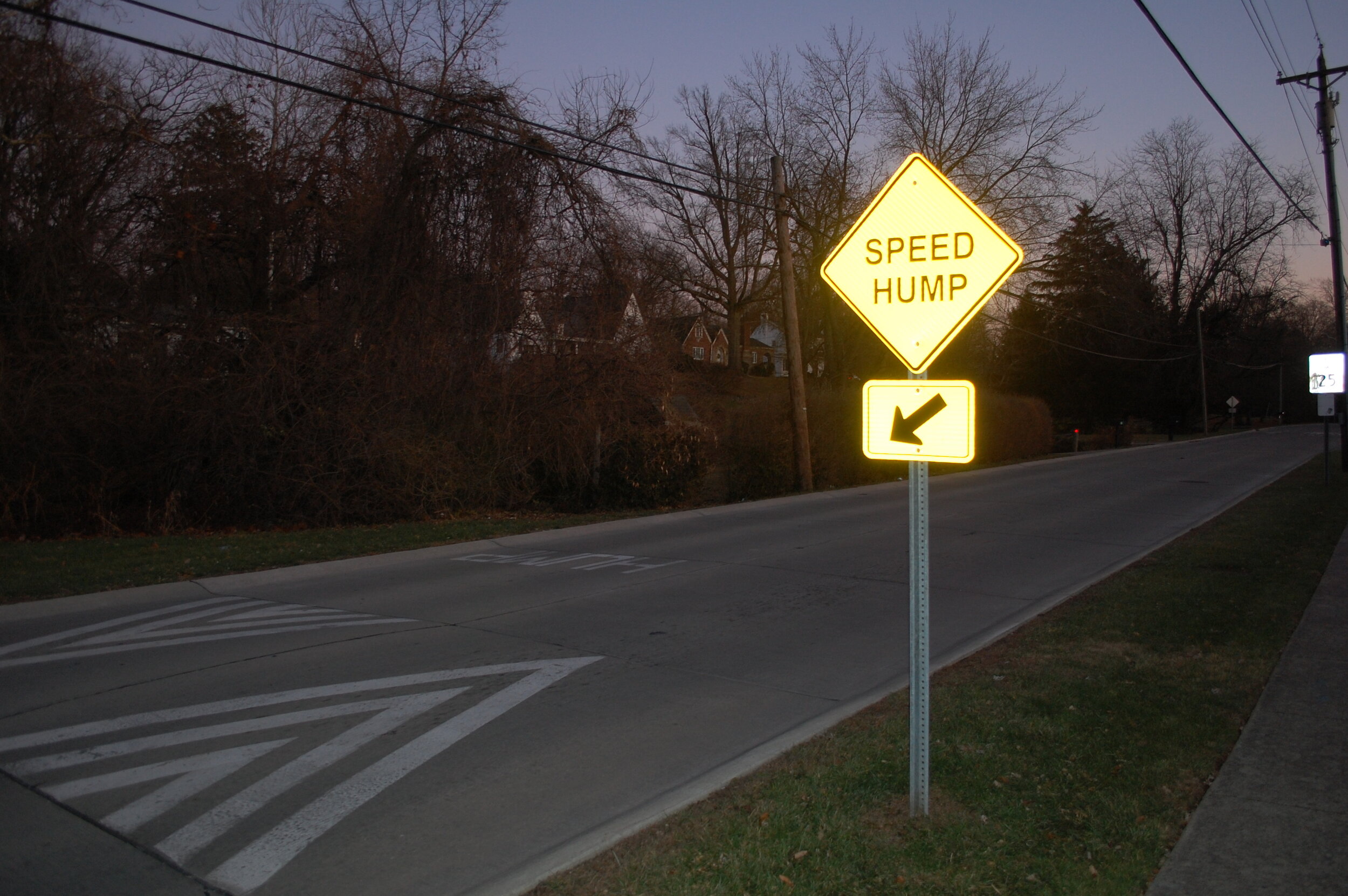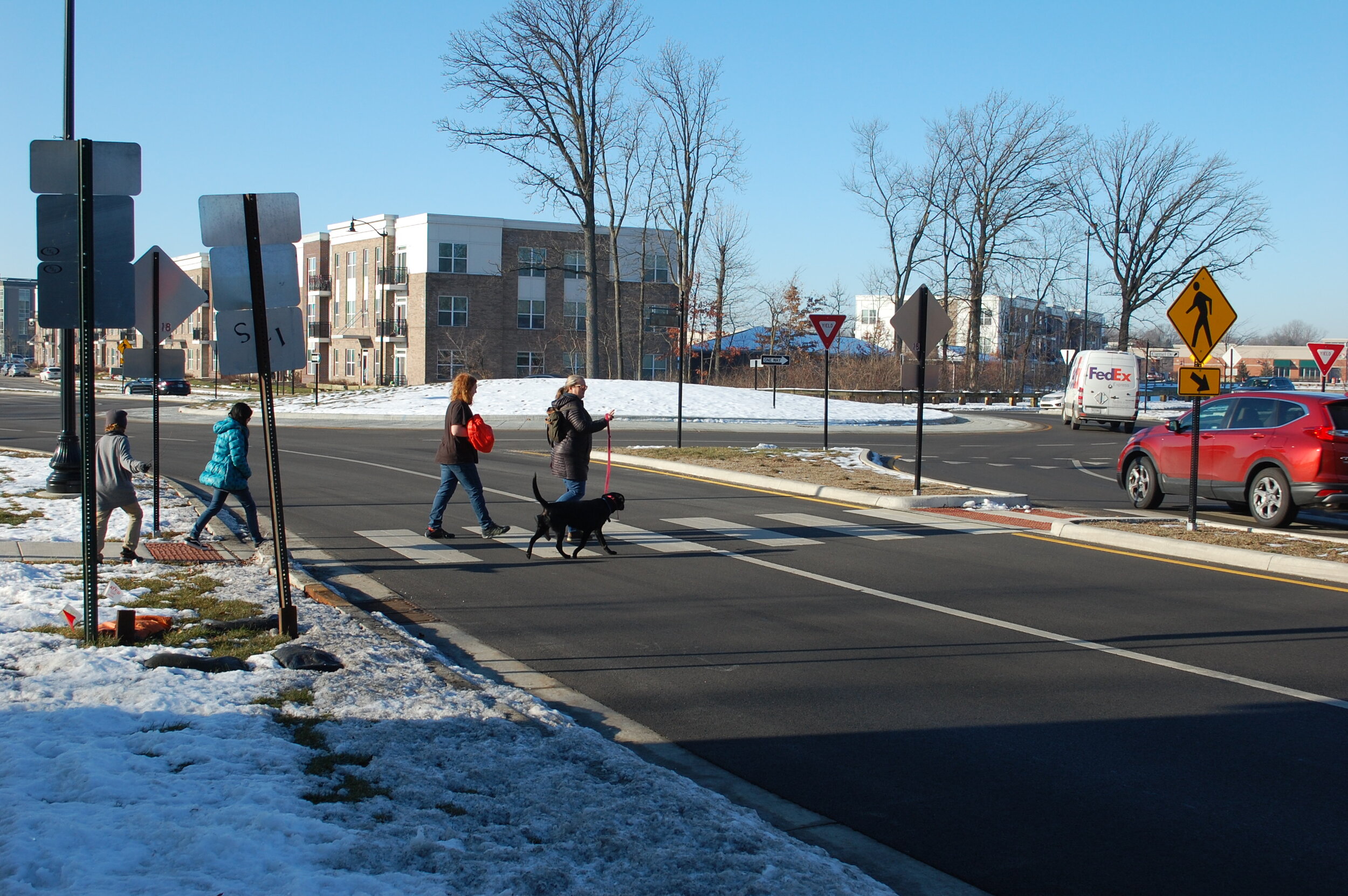Covington, KY — A local foundation aims to make Northern Kentucky a safer place for all road users. Through their Vision Zero NKY taskforce, Devou Good Foundation is sponsoring a contest where qualifying neighborhood groups can win up to $50,000 in funding for the installation of street calming materials.
Vision Zero NKY’s Slow Streets program asks residential neighborhoods to nominate themselves for traffic-calming initiatives. If community groups can demonstrate enough support and need, their street will receive quick, low-cost safety improvements.
Kelly Schwegman, Health Educator of the Northern Kentucky Health Department and Co-Chair of the NKY Slow Streets Project Contest, says the goal of the contest is to improve traffic safety for all types of transportation.
"We're looking forward to working with communities to understand their concerns and making strides to support safer streets for all users on bike, on foot and in motor vehicles," she says.
In addition to signage and pavement markings, traffic-calming interventions might include speed bumps and raised crosswalks, approaches cities in Northern Kentucky have used infrequently in residential neighborhoods thus far.
In order to apply, neighborhood groups need to show broad support, whether through resident signatures or letters from community organizations, faith-based groups or elected officials. A number of factors could boost a neighborhood’s eligibility: a high concentration of youth or seniors, proximity to transit and community institutions like recreation centers and schools, and a high proportion of crashes.
A kick-off event will be held 10 AM, March 3rd at the Kenton County Library, Covington Branch. All attendees will receive a free copy of the NACTO Urban Street Design Guide. To register, visit www.visionzeronky.org/slowstreets.
“The NKY Slow Streets project contest is a way to further the Vision Zero movement in Northern Kentucky communities,” says Jeremy Worley, Co-Chair of the NKY Slow Streets Project Contest. "We know people in our communities want walkability, they want to be connected and most importantly they want to feel safe walking or cycling in their neighborhoods. NKY Slow Streets gives cities and community members the opportunity to collaborate and deliver effective traffic calming devices that fit their neighborhood and make the streets safer for everyone."
This donation is the latest on behalf of Devou Good Foundation’s Vision Zero NKY, an initiative that strives to eliminate all traffic fatalities and serious injuries in Northern Kentucky. On average one Northern Kentuckian dies in traffic every ten days and every four hours someone is injured, according to the Kentucky State Police. The National Safety Council estimates the cost of traffic collisions in Northern Kentucky to be $267,000,000 per year.
Devou Good Foundation is a Greater Cincinnati foundation committed to cultivating vibrant communities out of transitional neighborhoods by partnering with local nonprofits, public and private organizations, and community leaders.






